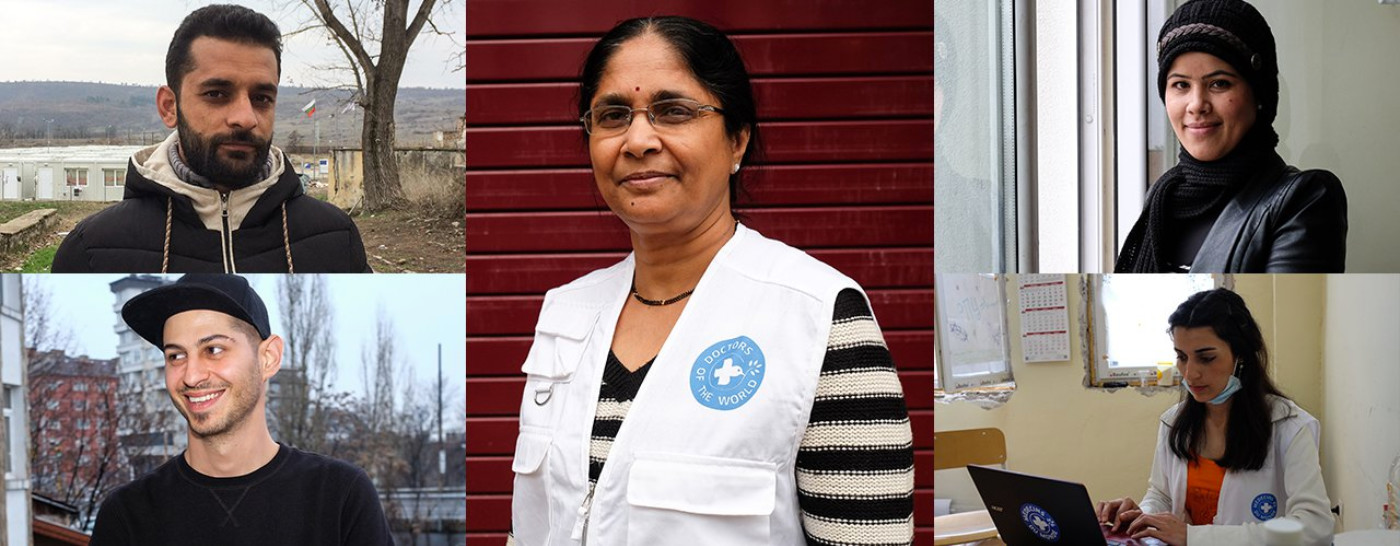Meet our brilliant refugee doctors, social workers and translators
Published 4th April 2017
By Shyamantha Asokan
In January, when temperatures in the Balkans fell to -20 degrees, Doctors of the World began an emergency project in Bulgaria’s refugee camps. We’re still the only medical organisation in Harmanli, Bulgaria’s largest refugee camp. We also run clinics in three refugee camps in the capital Sofia. Everyday, we find and treat people who would otherwise have no one.
But refugees aren’t just our patients – they’re also our colleagues. Our Bulgarian team includes doctors, social workers, and translators who are themselves refugees and who often live in the camps where we work. We simply couldn’t do our work without them. And so we’d like you to meet some of them!
Sunila Mohammedi, translator
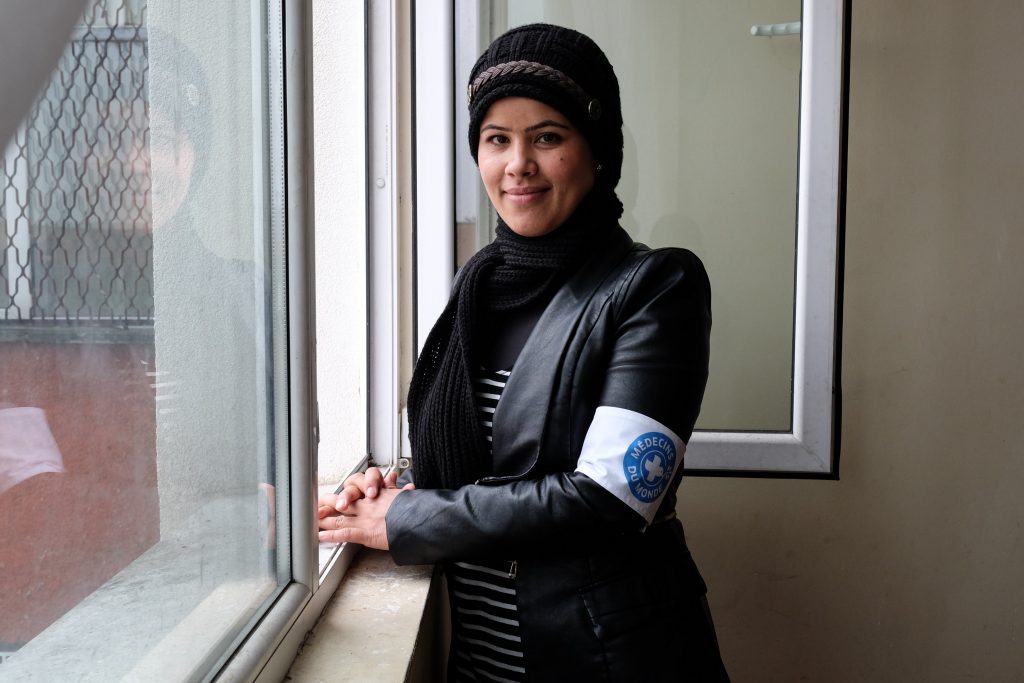
Sunila was a high achiever in Afghanistan. With five languages under her belt – Pashto, Dari, Farsi, Urdu, and English – she worked as a translator for the US Army. She’s now one of our translators in Sofia, where she works on our support project for unaccompanied minors in the camps.
“These boys and girls feel so sad about being alone here. Sometimes, when I go into their rooms to talk to them, I can see it straightaway,” the 24-year-old says.
Sunila fled Afghanistan in 2015 and lives in Ovcha Kupel, one of the camps where we work. She has seen large mice scurrying around the camp and there is often only hot water for one hour a day. She says her job makes life there far more bearable. She can buy food and cook her favourite meals – chicken and rice with plenty of spices – rather than relying on the camp’s handouts.
Ali Zalzar, social worker
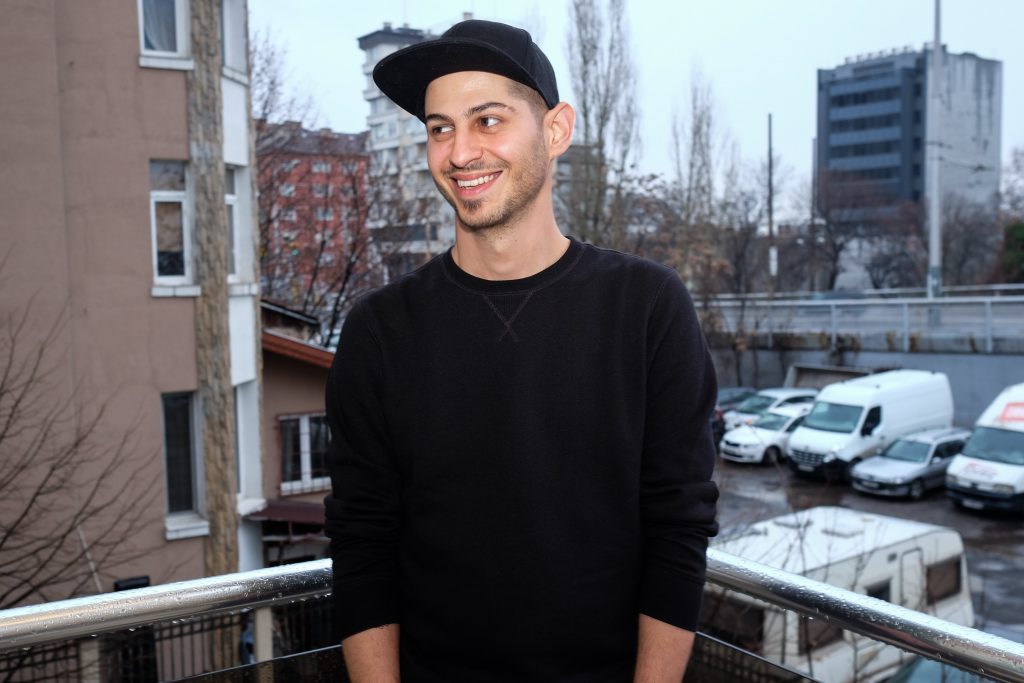
Everyday, Ali finds and helps unaccompanied minors in Bulgaria’s refugee camps – sometimes he even goes from room to room to check for people who need us. “I know just how easily someone’s life can get ruined if they don’t get help,” the 27-year-old says.
Ali is from a well-off family in Iran – he jokes that he used to be too pampered to travel anywhere on foot, let alone trek across forests and mountains to reach Europe. But in 2015 he had to flee after getting into an argument with a member of Iran’s notorious special forces. After a tough journey, and after living in two Bulgarian refugee camps, he got leave to remain in February.
“Everyone I see is different – some need a psychologist, some need to be reunited with their families, some just need a blanket,” he says of the teenagers he helps. “The more you observe each person’s situation, the more you see what they need.”
Raghavamma Rifai, doctor
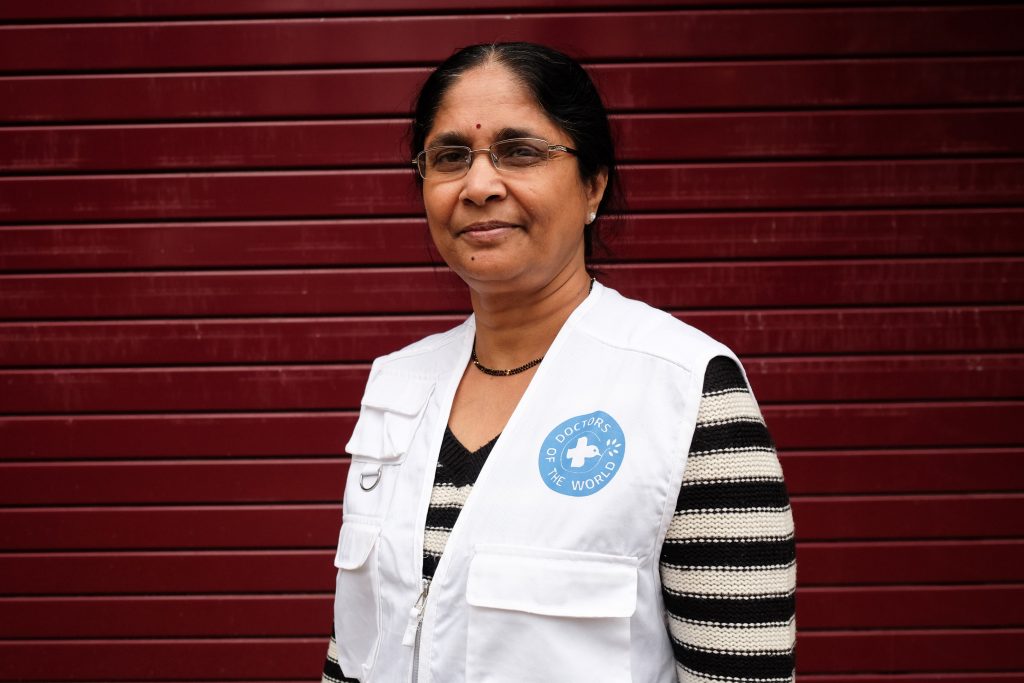
Raghavamma and her medical team work in three of Sofia’s refugee camps. She diagnoses health problems from simple colds caused by winter weather to broken bones caused by treks across mountainous borders.
Raghavamma and her family themselves fled Syria in 2013. After growing up in India, she had met her Syrian husband while at medical school in the 1980s and soon moved to the city of Homs with him.
She says her role isn’t just about diagnosing illnesses – it’s also about simply listening to people who have no one else to turn to. “In this job, there is a medical part but also a human part,” she says.
Sherzad Yousef, translator and data collector
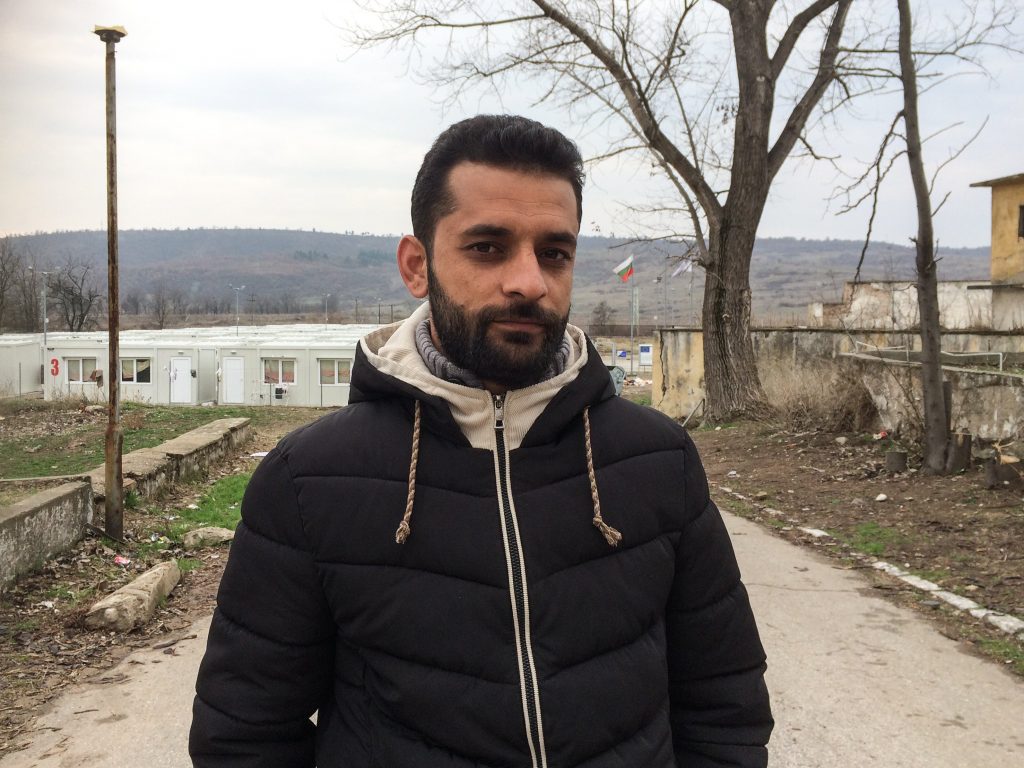
“It’s nice to help people who need someone – and because I myself am a refugee in this camp, I know what these people suffer,” says Sherzad.
Sherzad is one of our translators and data collectors in Harmanli. He finds unaccompanied minors and registers them on our support programme, as well as distributing hygiene kits, coats, and shoes to the children we help.
Sherzad, aged 31, worked as an English teacher before he had to flee his home in Syria. He says many Harmanli residents desperately want to work and be productive. Many refugees had successful careers back home but now face lonely and monotonous days in the camp.
Sisin Ali, translator
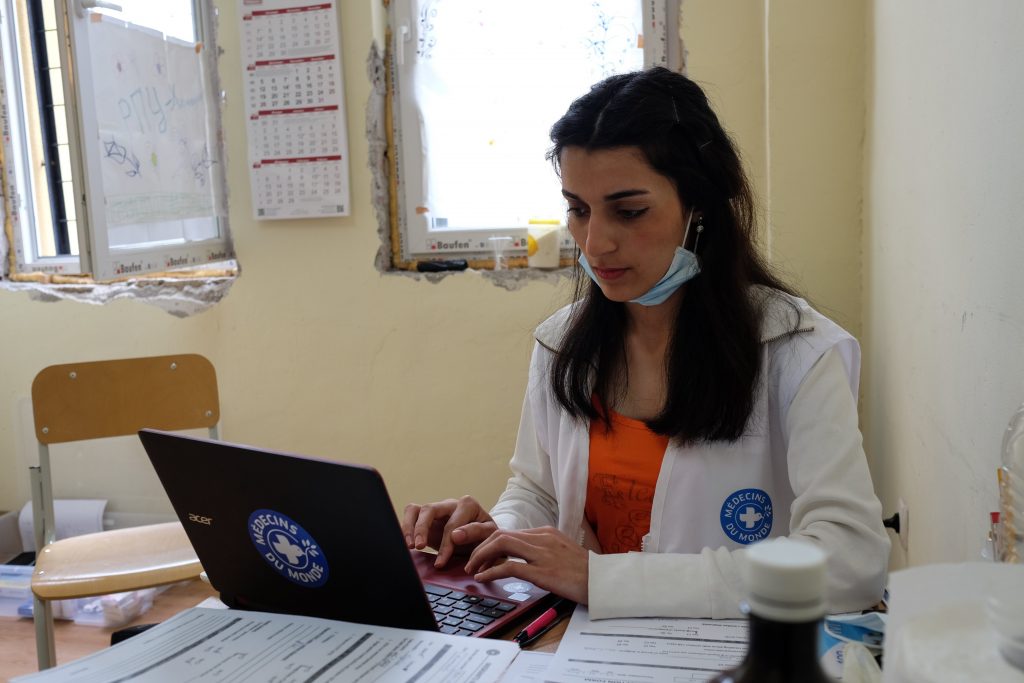
Sisin is a 22-year-old Syrian refugee who works as a translator in our Harmanli clinic. She helps us deal with problems from sore throats to suspected miscarriages. When patients who only speak Arabic or Kurdish have to go to hospital, she grabs her coat and goes with them.
Sisin has been living in Harmanli for six months and, before she started working for Doctors of the World, she hated having nothing productive to do in the camp. “You end up talking to the walls!” she says. “It’s so good to have this job, I wish I’d been doing it since I arrived.”
Sisin was studying education before her family fled Syria last year – they trekked for days over the mountains along Bulgaria’s border to reach safetv in Europe. She hopes to restart her studies soon. “I want to be someone useful,” she says.
=====================================
We’re hugely grateful to the Start Network and UK aid for funding our two-month emergency projects in Bulgaria. The Start Network runs an emergency migration response fund, financed by UK aid, that can release money in less than 72 hours.
We’ve decided to keep working in Bulgaria’s camps beyond this emergency phase, which ended in late March. Please donate to help us continue our work with refugees in Bulgaria around the world.
